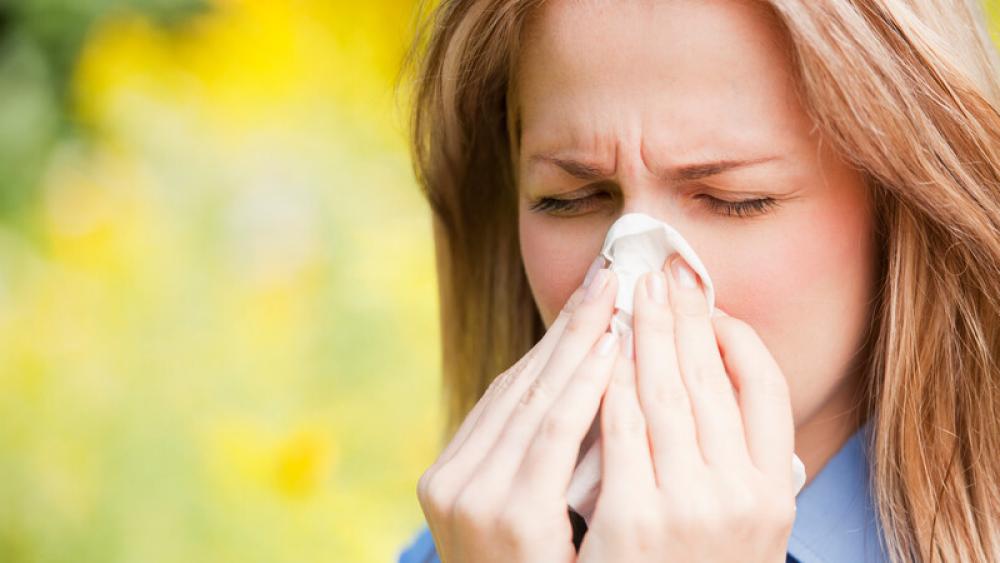




Healthy Lifestyle
CDC adjusts COVID-19 recommendations to align with other respiratory viruses
Published: March 8, 2024

Four years since the first reported cases of COVID-19, the U.S. is no longer seeing large waves of infections, hospitalizations and deaths related to the virus. Smaller and more predictable clusters of transmission in the summer and winter suggest that the virus is steady like influenza, RSV and other common respiratory viruses. And at this point, most of the U.S. population has some immunity against COVID-19.
On March 1, the Centers for Disease Control and Prevention (CDC) updated its recommendations for people with COVID-19 and aligned its advice with other respiratory viruses, including influenza and RSV. This approach should make it easier for people to understand what they should do if they’re sick.
What you need to know
People with a respiratory infection, including COVID-19, should stay home until they’re free of symptoms and haven’t been using fever-reducing medication for at least 24 hours. After that, it’s fine to resume regular activities, but people are encouraged to wear a well-fitted mask and avoid close contact with others — especially older adults and immunocompromised individuals — for the next five days to lower the risk of spreading the virus.
Having a set of uniform, symptom-based recommendations to limit the spread of respiratory infections makes the guidelines easier to follow. This also means people don’t always need to test for infection, which is something many people already aren’t doing.
It’s important to note that these changes are only for the general public. There is no change in recommendations to prevent the spread of COVID in clinics, hospitals and other health care settings.
Prevention
The CDC recommends that people 5 and older should get the updated COVID-19 vaccine to help prevent infection. People who received the latest vaccine saw approximately a 54% increase in protection against symptomatic COVID-19 infection compared with those who didn’t receive the updated vaccine.
It’s also important to stay up to date on flu and RSV vaccinations, if you’re eligible.
Additional ways to prevent respiratory infections include:
- Washing your hands
- Covering your coughs or sneezes
- Disinfecting high-touch areas
- Getting good sleep
- Boosting your immune system
- Purifying indoor spaces
- Spending time outside
Recent trends
It’s encouraging to see that the Methodist microbiology lab reported downward trends of positive COVID-19, RSV and influenza B tests during the past few weeks. Additionally, most people I’ve seen hospitalized with COVID-19 require only supportive care without steroid or oxygen supplementation.
COVID-19 also dropped from the third-leading cause of death in the U.S. in 2020 and 2021 to the 10th-leading cause of death in 2023. Based on this information, I’m confident the CDC made the right decision to adjust its recommendations.
Stay home if you’re sick
I believe the CDC made a very thoughtful recommendation for the public. The previous guideline of isolating for five days if you tested positive for COVID-19 was perceived as burdensome for employers, especially for industries suffering staff shortages. Meanwhile, some parents considered five days of isolation, and the previous 10 days of isolation, unnecessarily disruptive to school and child care.
This change allows for less strict rules, but employers should continue to allow and encourage employees to stay home when they’re ill. These new guidelines should also be easier to follow and allow parents to send their kids back to school or day care sooner.
Key takeaway
What’s the best advice I can give you? If you don’t feel well, you should stay home, get tested and seek treatment to lower the chance of severe illness. And don’t hesitate to reach out to your primary care provider if you have any questions.


